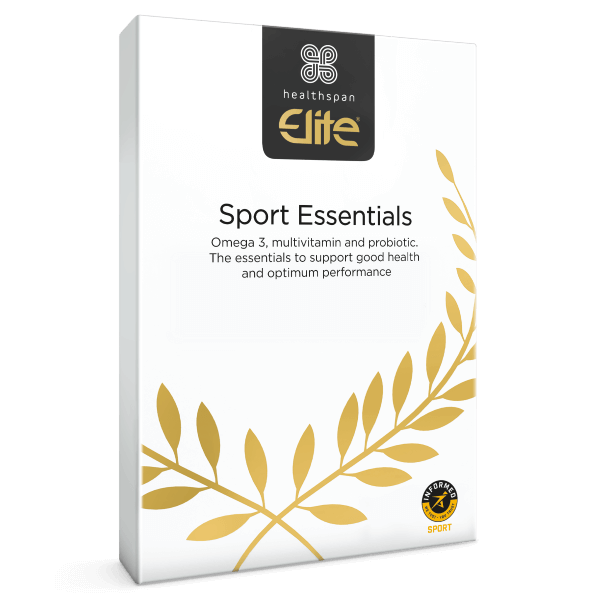Winter illnesses can really get in the way of training and competition preparation, so what steps do athletes take to stay well?
Working with support from team nutritionists, athlete health leads and coaches, athletes will take a number of practical steps to minimise the risks of illness during the winter. Paralympic Champion Tully Kearney and Olympian Jacob Peters share an insight on how their routines adapt to the colder months, and what strategies they implement right through the year.
What steps do you take to stay well in winter?
TK: To help prevent illness in winter, I take care to dry my ears post-swim, wrapping up warm and wearing a hat before heading outdoors. I'll also try to limit my load out of the pool in everyday life so that I don't get over-tired and run down.
JP: Obviously there are practical things, like thorough handwashing, that we should be doing all year round to stop infection spreading, but additionally in winter to protect myself I make an effort to wrap up nice and warm whenever heading outside, as well as making sure I get all my vitamins and minerals in through a balanced diet, topped up by taking Healthspan Elite supplements to keep me healthy.
What is your everyday winter routine (exercise, socialising and so on)?
TK: In winter, I do have a habit of to reducing my socialising to lower the chance of picking up a cold or cough, and I'll use that time to ensure I get sufficient rest between training sessions.
JP: My training varies a lot throughout the season, but not because of the weather. It really depends on what our target for the year or major competition cycle is, with things like training camps and other swim meets to consider.

Elite Sport Essentials
Three essential supplements to support good nutrition and optimum performance
- Multivitamin, omega 3 and probiotic
- Convenient daily tear strips
- Supports energy levels, recovery and digestive health
When you're ill, do you stop training to recover, or do you carry on at a less intense rate? Do you take any supplements to support your immune response? And does this routine change compared to other seasons?
TK: Depending on what symptoms I have, I'll consult with the support team on whether I'm OK to train. If I have symptoms above the neck and I'm OK to train, I will complete the warm-up initially and then assess – if symptoms get worse I'll stop and discuss with my coach as to whether I should get out or reduce the intensity or duration of the session.
JP: It really depends on how ill I was. If I just had a running nose, I would keep training with social distancing in place so as not to infect training partners, but if I was a bit more ill I'd take one or two sessions off in order to let my body's immune system kick in at full strength at the discretion of my coach.
Does your diet change in winter compared to other seasons?
TK: My diet is pretty consistent throughout the year, but I eat more red meat in the winter.
JP: Not overly! I try to eat a balanced diet all year round, and because I have the backup of the Healthspan Elite Sports Essentials I know I'll be stocked up on vitamins and minerals.
TK: My supplement routine doesn't change throughout the year. I use Healthspan Elite's Sport Essentials daily, which consists of a multivitamin, omega 3 and a probiotic. I'll also take zinc lozenges and vitamin C at the first sign of a cough or cold to help reduce the severity and duration of an infection.
JP: I use Healthspan Elite's Vitamin D3 tablets and Sports Essentials. I tend to take my Vitamin D all year round due to the lack of sunlight we tend to get in the UK, but some people prefer to only take it in the winter months.
The products used by Tully and Jacob are among those Healthspan Elite supplies to British Swimming. According to Sports Nutritionist Rob Hobson, "Vitamin C, D, zinc and probiotics are particularly suited to immunity, and opting for these supplements highlights how important this area of health is to both athletes. "Athletes are particularly prone to upper respiratory tract infections, especially during the winter, so making immunity a priority can help reduce any disruption in training and competition."









